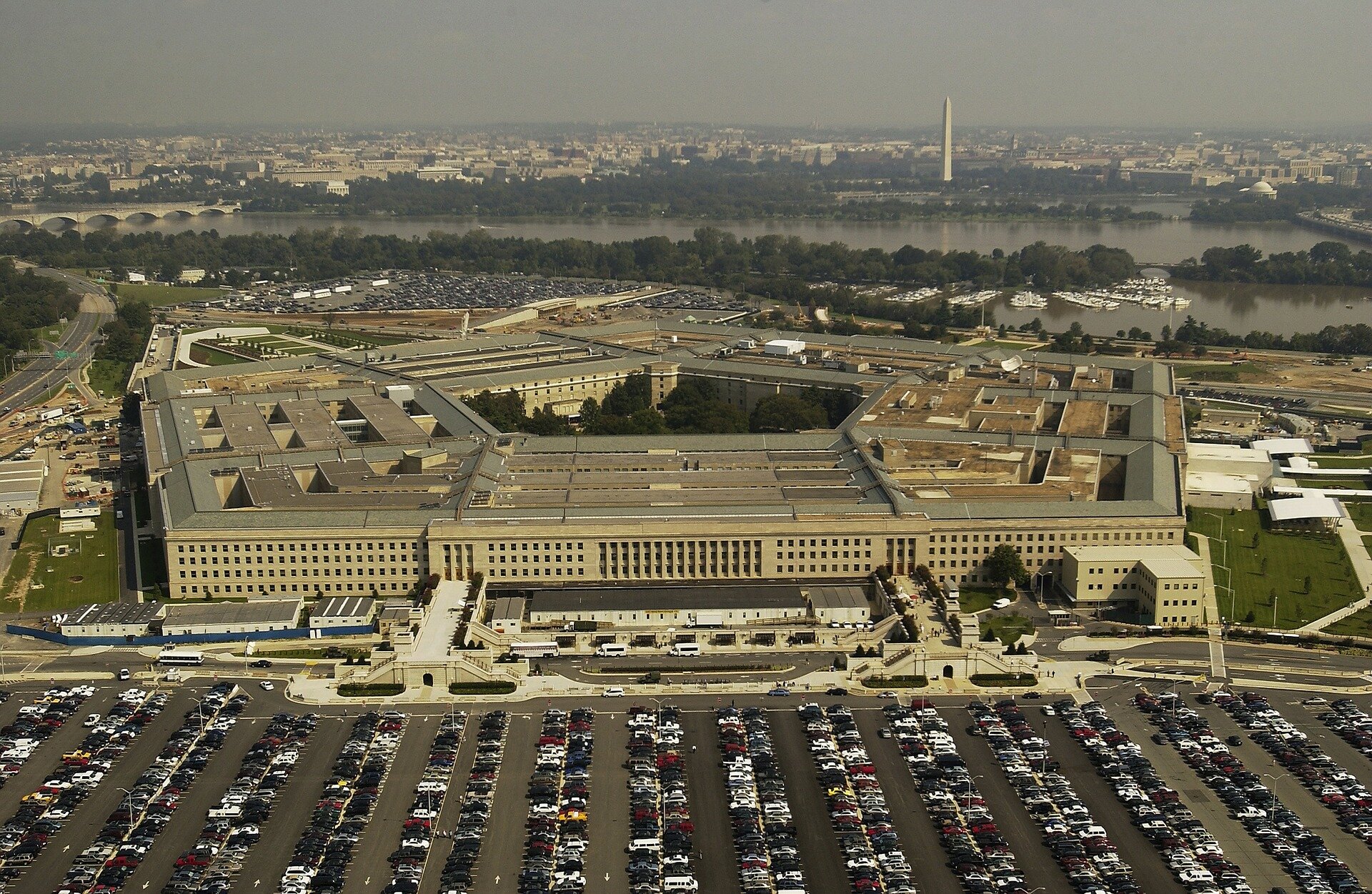Story at a glance…
-
Recent press conferences see a frustrated Biden trying to push the world into sanctioning Russia.
-
Despite NATO’s position that the war in Ukraine was unprovoked, most of the world sees NATO as the culprit for expanding eastward.
-
India and China remain committed to trade with Russia, even as Biden’s sanctions backfire on the food availability in North America and Europe.
WASHINGTON D.C. March 26th, 2022. In a press conference, Joe Biden made remarkable statements about the sanctions regime placed on Russia by the English-speaking world and Europe.
In it Biden explained that sanctions had to be maintained only to “increase the pain” on Russia. He also said that the threat of sanctions were never meant to deter Russia, even though his cabinet officials have stated that was the administration’s goal and hope prior to the invasion on multiple occasions.
Biden also warned of food shortages in the U.S. and Europe due to the completeness of these sanctions. Altogether Biden admitted the sanctions were not a tactical response, but merely collective punishment on the people of Russia of a kind that directly affected the people of Europe and North America.
The economic response from the West to Russia’s invasion has been unprecedented, and many countries have barred trade with Russia altogether, while private sector industry leaders like Visa, and Google have cancelled their services in the country.
Despite this, large sections of the world reject this attempt to turn Russia into a pariah state.
PICTURED: President Joe Biden delivers remarks to Department of Defense personnel, February 2021. PC: DoD. CC 2.0
Multi-polar moment
The Neoconservative writer Charles Krauthammer in 1990 declared, following the fall of the Soviet Union, that now was America’s “Unipolar Moment”—the chance for American hegemony of world decision making.
Today, many analysists will tell you that moment has concluded. An analysis from 2016 in The Diplomat lays out such a case, and an article by foreign policy analysist Ted Snider published Monday in Antiwar details that at least 45% of the world’s population and four of her nuclear-armed powers oppose the western narrative of the Ukrainian invasion being unjustified.
Earlier this month President Biden had a 2 hour-long phone call with Chinese President Xi Jinping, in which “President Biden detailed our efforts to prevent and then respond to the [unprovoked] invasion, including by imposing costs on Russia,” and “described the implications and consequences if China provides material support to Russia as it conducts brutal attacks against Ukrainian cities and civilians”.
Despite these implications, Beijing has remained steadfastly supportive both of a rapid peace agreement, and against the unipolar narrative here in the West that this invasion was unjustified, or that Putin is a power-hungry mad man seeking to remake the Russian empire.
Xi told Biden, according to Snider, that since U.S. provocation had caused the problem, the U.S. had to correct the problem.
NATO’s rapidly expanding membership and military footprint in eastern Europe has plagued foreign policy concerns in Russia’s higher offices for decades, and the well-understood “red line” of Ukraine has been clear since at least 2004
Reporters know the red line was well-understood and well-defined thanks to Wikieaks’ release of an email from the then-Ambassador to Russia William Burns, dated to 2008. In it, Burns informs the Joint Chiefs of Staff, the National Security Council, the secretaries of State and Defense, and NATO headquarters that “while Russia might believe statements from the West that NATO was not directed against Russia, when one looked at recent military activities in NATO countries (establishment of U.S. forward operating locations, etc. they had to be evaluated not by stated intentions but by potential”.
Burns’ email is striking due to the sheer number of predictions he made in it that came to pass, including the civil war in 2014, and Russia’s involvement there.
PICTURED: President Vladimir Putin and Chinese President Xi Jinping in 2017. PC: Kremlin.ru CC 4.0.
The Rest of the World
India has remained steadfastly neutral alongside China. Without pledging “ironclad friendship” with Russia as has her northeastern neighbor, India has nevertheless been “happy” to hoover up discounted Russian oil and petro-related securities.
Several U.S. officials have threatened India to “take a clear position,” after she abstained from a UN Sec. Council Resolution condemning the invasion.
“It’s now time [for India] to further distance itself from Russia,” the U.S. State Department’s Assistant Secretary of State for the Bureau of South and Central Asian Affairs, Donald Lu, said in early March, adding in a separate interview that “the Biden administration will consider [using against India the Countering America’s Adversaries Through Sanctions Act]”.
Bangladesh too, will carry on with completing its first nuclear energy plant being built by Russia and will not stop doing business with Moscow, Prime Minister Sheikh Hasina and other officials said Thursday, despite many other nations imposing sanctions over the invasion of Ukraine.
Indonesian President Joko Widodo has declined to condemn Russia and has called for diplomacy over sanctions, and Pakistan’s president Imran Khan met with Putin despite U.S. urging to cancel the face-to-face correspondence.
Snider cites Noam Chomsky’s observances that the entire Global South has refused to join in on the sanctioning of Russia, and that the food shortages Biden warned about will manifest themselves most seriously in poorer African countries, the largest recipients of Russia’s wheat.
Another geo-strategic part of the globe that isn’t happy with the attempted blacklisting of Russia is the Gulf States, who have seen attempts by the U.S. to use its economic clout as a weapon against those unwilling to sanction Russia as one part in a gradual history of events that have seen Gulf leaders lose faith in their nearly 50-year allegiance to the United States.
President Biden’s recent four-day trip to Europe saw him standing in front of the Royal Castle in Warsaw and say “for God’s sake, this man [Putin] cannot remain in power,” a statement that was later walked back by his Press Secretary, who generously reinterpreted the President’s words to meaning that he shouldn’t have power to dictate over the people of Ukraine.
It’s a clear sign of frustration about the lack of cooperation from a world growing out of the shadow of the Unipolar Moment.




